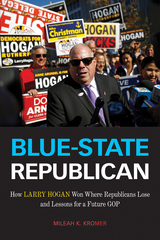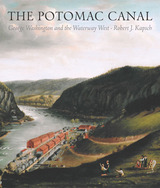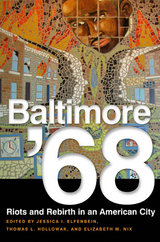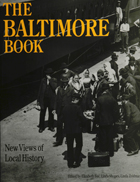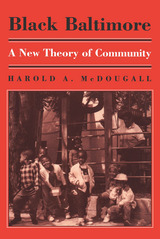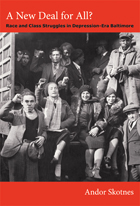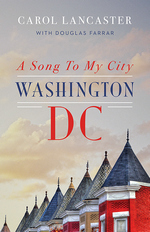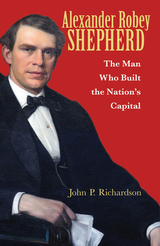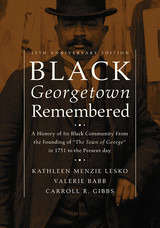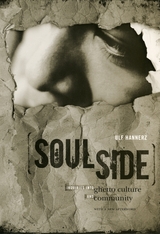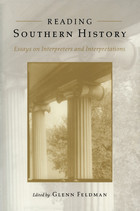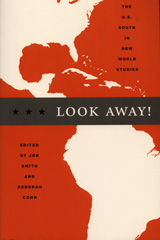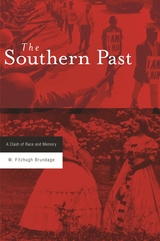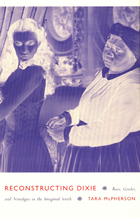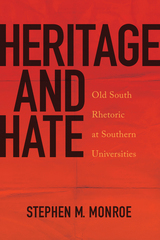Cloth: 978-1-62616-326-3
Library of Congress Classification F202.G3L47 2016
Dewey Decimal Classification 975.3
Georgetown's little-known black heritage shaped a Washington, DC, community long associated with white power and privilege.
Black Georgetown Remembered reveals a rich but little-known history of the Georgetown black community from the colonial period to the present. Drawing on primary sources, including oral interviews with past and current residents and extensive research in church and historical society archives, the authors record the hopes, dreams, disappointments, and successes of a vibrant neighborhood as it persevered through slavery and segregation, war and peace, prosperity and depression.
This beautifully redesigned 25th anniversary edition of Black Georgetown Remembered, first published in 1991, includes a foreword by Maurice Jackson and more than two hundred illustrations, including portraits of prominent community leaders, sketches, maps, and nineteenth-century and contemporary photographs. Kathleen Menzie Lesko's new introduction describes the impact the book and its companion documentary video have had since publication and updates readers on recent changes in this Washington, DC, neighborhood.
Black Georgetown Remembered is a compelling and inspiring journey through more than two hundred years of history. A one-of-a-kind book, it invites readers to share in the lives, dreams, aspirations, struggles, and triumphs of real people, to join them in their churches, at home, and on the street, and to consider how the unique heritage of this neighborhood intersects and contributes to broader themes in African American and Washington, DC, history and urban studies.
See other books on: 25th Anniversary Edition | Founding | Jackson, Maurice | Present Day | Washington (D.C.)
See other titles from Georgetown University Press

